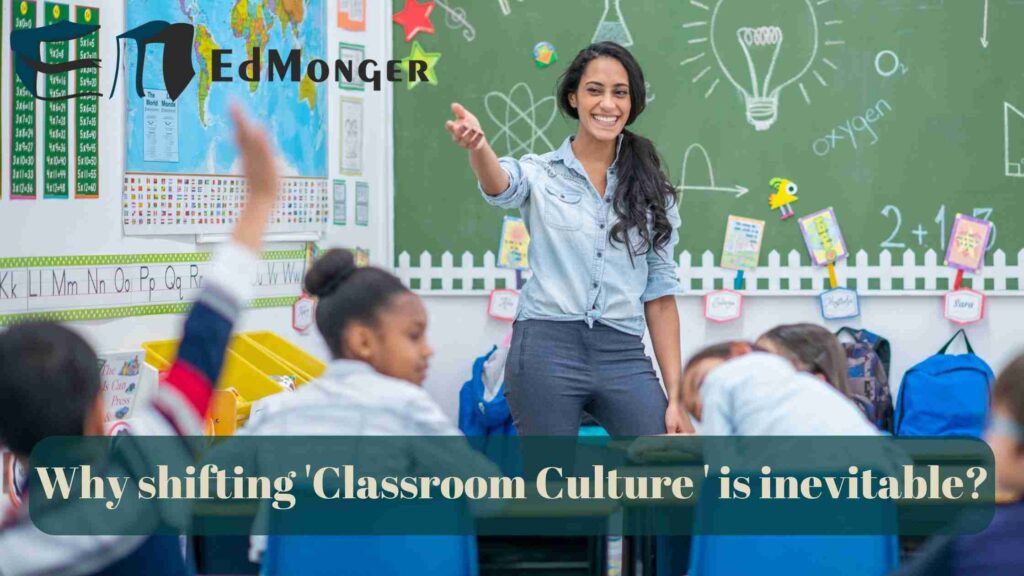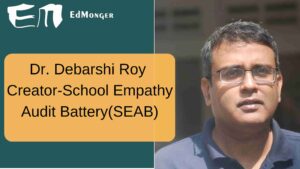The way we acquire and use information has undergone radical change in the modern era of the 21st century. The Internet and other forms of digital media have made information widely available. At the touch of a button, we may access an infinite library of data covering any subject imaginable.
In recent years, AI has caused unprecedented change in the online world. However, it is not sufficient to merely have access to data. The ability to question and be interested is a skill that must be honed if we are to grow as learners and thinkers.
The desire to learn more about and gain insight into the world around us is fueled by our innate curiosity. It’s the driving force behind our quest for knowledge, and without it, we wouldn’t go looking for it. Curiosity makes us actively involved, attentive, and interested in gaining knowledge. As opposed to merely cramming for a test, we approach unfamiliar concepts with curiosity and an open mind.
Curiosity has several positive effects on our lives, including piquing our interest in learning. Curious people tend to achieve more in their jobs, have healthier relationships, and have higher levels of life happiness, according to studies. The incidence of dementia and other mental declines in old age may be lowered by a healthy dose of curiosity.
Questions are the means through which our inquisitiveness can be satisfied. We may learn more, get new insights, and test preconceptions by asking questions. Questions help us to link new knowledge to what we already know and make sense of the world around us. In essence, questions are the building elements of learning.
Memorization and recitation of facts for tests were frequent goals of conventional teaching methods. However, in the twenty-first century, we must go beyond rote memorization and instead stimulate curiosity, exploration, and discovery among pupils. The process of learning is just as important as the content we present.
By fostering an atmosphere of inquiry and questioning, we provide our students with the critical thinking skills necessary for success in the modern world. Skills such as analysis, evaluation, original thought, and clear expression fall under this category.
It is our duty as teachers to cultivate an atmosphere that invites exploration and inquiry. It’s important that kids have time to discover, inquire, and follow their own passions. The best way for pupils to learn is via trial and error, therefore we must encourage them to take chances.
Interdisciplinary education is one strategy for stimulating curiosity. Students can expand their knowledge and comprehension of the world by examining the connections between various fields of study. A social studies course may look at the economic and political forces that motivate human behaviour, while a science course might investigate the effects of such forces on the environment.

Offering pupils the chance to put what they’ve learned into practice is another method to pique their interest. Students can gain a more thorough knowledge of topics and their practical applications by participating in hands-on activities. The students in a biology class would dissect a cadaver, while those in a chemical lab might conduct experiments.
In order to prepare students for the challenges of the 21st century, NEP 2020 prioritizes reforming the educational system by updating its curriculum and pedagogy to place a greater emphasis on 21st-century skills like critical thinking, creativity, scientific temper, communication, collaboration, multilingualism, problem-solving, ethics, social responsibility, and digital literacy.
What does NEP show?
- For students to learn more deeply and experientially, educators should create classrooms that are both engaging and interactive.
- Reducing the curriculum content load will allow students to study topics outside of the present common curriculum, while simultaneously providing more space for nuanced knowledge, analysis, and discussion in the required curriculum.
- To help them figure out what they’re good at and what they might want to do with their life, students should be allowed more freedom and flexibility to explore and experiment with a wide range of academic disciplines.
- Incorporating evidence-based reasoning and the scientific method across the curriculum will promote rational, analytical, logical, and quantitative thinking in all courses, not only those traditionally associated with the ‘hard sciences.
- Teaching students to “learn how to learn,” adapt to new circumstances, and become lifelong learners all need an emphasis on evidence-based reasoning and scientific temperament.
- It is the responsibility of educators to identify each student’s unique strengths and work to develop them.
All of these traits may be fostered among pupils in school if they feel comfortable sharing their ideas and opinions with their teachers. So, it’s vital to foster an environment where students feel comfortable asking questions. Students should be encouraged to ask questions and their inquiries should be treated as valuable teaching tools. When students are at ease inquiring, they are more inclined to try something new and expand their horizons.
Conclusion
It is clear that 21st-century education requires students to be inquisitive and ask questions. They allow access to previously inaccessible levels of information and comprehension. Students may learn the critical thinking abilities they’ll need to thrive in school and in life if we encourage their natural inquisitiveness and encourage them to ask questions. As teachers, it is our duty to cultivate an atmosphere that invites inquiry and encourages kids to ask questions; this will help them develop into inquisitive, exploratory adults.
By
Mr. Santanu Kumar Patro
Contributing as
Founder & CEO at CHATSHALA




